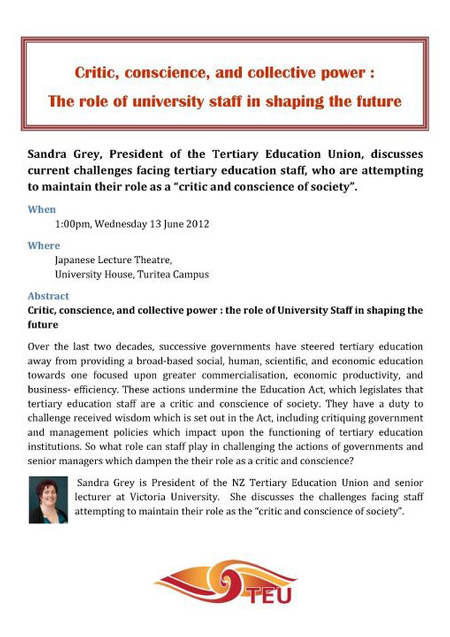Archive
About
Contact
Proposals
Blog
Window is pleased to present a public screening of The Happy Bene – The Movie, a film by Tao Wells and Dick Whyte. The film documents The Beneficiary’s Office, a project undertaken in 2010 in which the Wells Group – a public relations company, self-appointed to “re-brand the welfare system because they obviously suffer from a terrible public image” - temporarily set up office in a vacant commercial site in Wellington’s business district. The Beneficiary’s Office sought to advocate unemployment and welfare as valid sites for serious social and creative exploration:
We should never be forced to get a job. If you're forced to take a job it's a punishment. If working is a punishment then society is a prison...
The average carbon footprint of the unemployed person is about half of that of those earning over $100,000.. surely, an advanced society would see us work less, and enjoy the benefits of unemployed time. We need to work less, so we consume less.
– Tao Wells
Engaging with politicians, policy writers, mainstream journalists and employed members of the public The Beneficiary’s Office succeeded in opening up debate around the issues of labour, unemployment and welfare, and the value of these within the structure of the national economy. The work received financial support as one of a series of Letting Space projects funded by Creative New Zealand. While the use of 'tax payer’s money' formed an important relation within the work, it also became a highly contentious point, due to the careful misinformation created by the mainstream media upon which a significant amount of reactionary media attention centered.
To be both dependent on that system and to so publicly expose the issues around that system was very brave… to be a public beneficiary that’s about as bad as it gets.
– Chris Kraus
Following the media hype, the Ministry of Welfare illegally suspended Wells’ and collaborator Laura Wells' unemployment benefits. This resulted in their deliberate persecution by the ministry, culminating in three court trials, which altogether lasted a year. The Wells' eventually proved the Ministry had been wrong, but were further threatened and decided not to pursue the case to a higher court where a definitive ruling could be made.
-
For Window’s online space Wells presents recent work, Mechanical Canary in the Gold Mind, which was undertaken as a response to Mark Harvey’s Productive Bodies, also in association with Letting Space.The work entails an open and rambling discussion led by the artist on the topic of “Major fraud perpetuated by Universities.” The discussion challenges the role of the academic artist. Employed for the university by the state to do the job defined by the Education Act, 1989, as “accepting a role as critic and conscience of society,” the academic artist's role is a public one, funded by the taxpayer. Wells argues that there should be greater transparency between the public, the university and the government around this role and the funding that goes into it, because, in his words, “who pays for who is one of the ways in which we give authority, it is authority... and in my experience with The Beneficiary’s Office [it is an authority] that the public have a great interest in.”
For this project at Window, Wells has received financial support from The University of Auckland's Centre for Art Research; $412.95 was given in travel costs for flights from Nelson and back.
-
A written piece by Jonathan King entitled ‘Beyond the Imaginary Party’ will accompany the show. While it does not relate explicitly to Well's project, the text draws certain parallels with it, specifically with regards to critique, resistance and power. Jonathan King currently tutors sociology to undergraduate students, after having completed his masters in Politics at the University of Auckland.

6.6.12 - 29.6.12